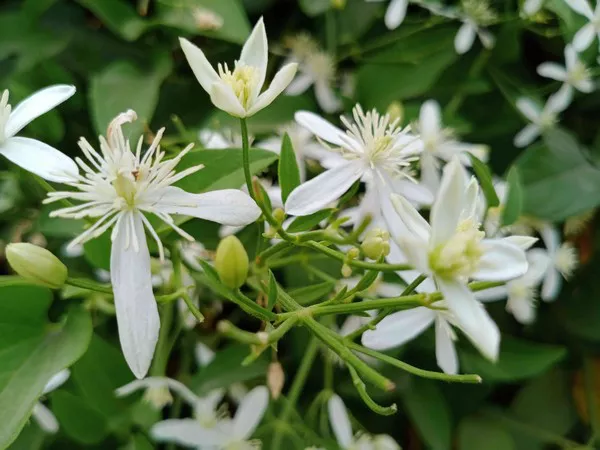The Bornean elephant, known as the world’s smallest elephant species, is facing a critical threat with only approximately 1,000 individuals remaining in the wild. This diminutive elephant, distinguished by its smaller stature compared to its larger Asian cousins, is native exclusively to the island of Borneo.
The International Union for Conservation of Nature (IUCN), which maintains the Red List of threatened species, has highlighted the Bornean elephant’s plight due to extensive habitat loss caused by deforestation. The species, celebrated for its gentle and playful nature, has seen its habitat shrink significantly, leading to increased human-wildlife conflicts as elephants encroach on agricultural lands in search of food.
Conservation efforts offer a glimmer of hope for the Bornean elephant. Benoit Goossens, a wildlife biologist at Cardiff University and director of the Danau Girang Field Centre in Sabah, underscores the ongoing efforts in Sabah, Malaysia, including governmental initiatives, aimed at protecting and conserving the remaining elephant populations.
The Bornean elephants have evolved separately from mainland Asian elephants over centuries, adapting uniquely to their island environment. However, rampant deforestation driven by industries like palm oil has severely threatened their survival. The expansion of palm oil plantations has not only destroyed critical elephant habitats but also escalated human-elephant conflicts, leading to retaliatory killings and other forms of harm to the elephants.
The IUCN’s decision to classify Bornean elephants on the Red List as a distinct subspecies of the Asian elephant aims to garner global attention and support for their conservation. Professor Adrian Lister from London’s Natural History Museum emphasizes the importance of this listing in mobilizing conservation efforts and safeguarding the elephants’ remaining habitats.
In addition to habitat loss, Bornean elephants face other dangers such as hunting for ivory and accidental poisoning from agricultural chemicals. These factors, compounded by climate change impacts and illegal wildlife trade, underscore the urgent need for comprehensive conservation strategies to protect not only the elephants but also the ecosystems they inhabit.
The plight of the Bornean elephant reflects broader challenges highlighted by the latest IUCN Red List update, which identifies alarming declines in global biodiversity across various species, from reptiles in Spain to ornamental cacti in Chile. As conservationists strive to address these challenges, raising awareness and galvanizing international support remain crucial in securing a future for endangered species worldwide.
You Might Be Interested In:























